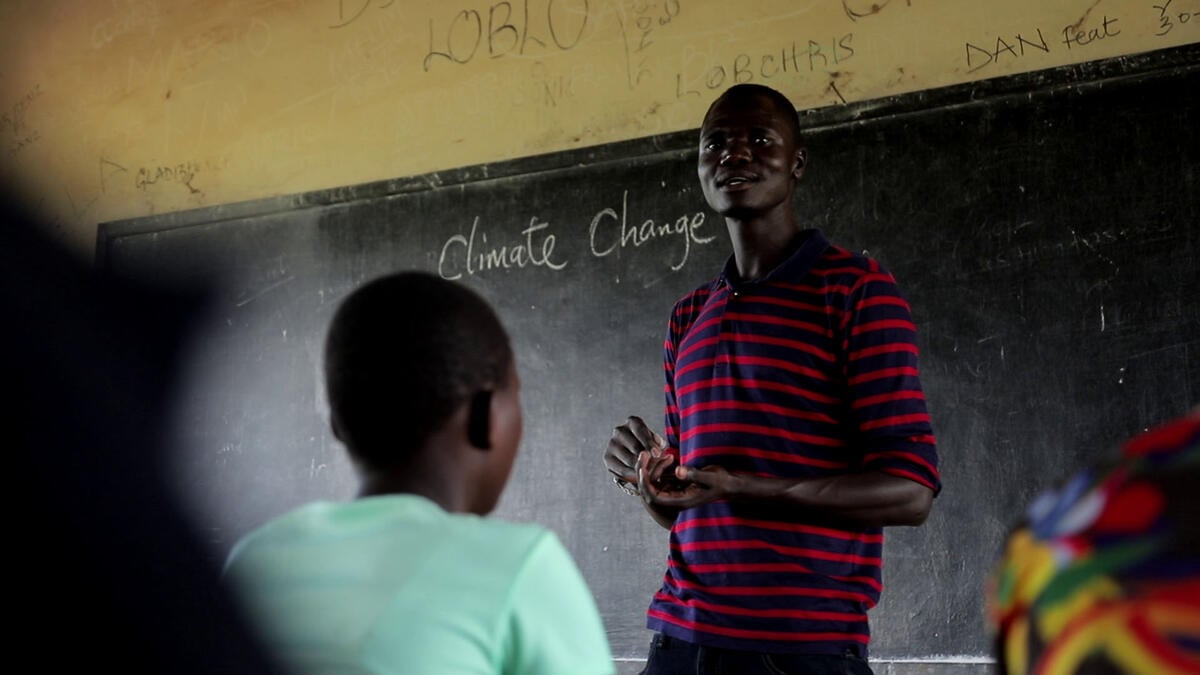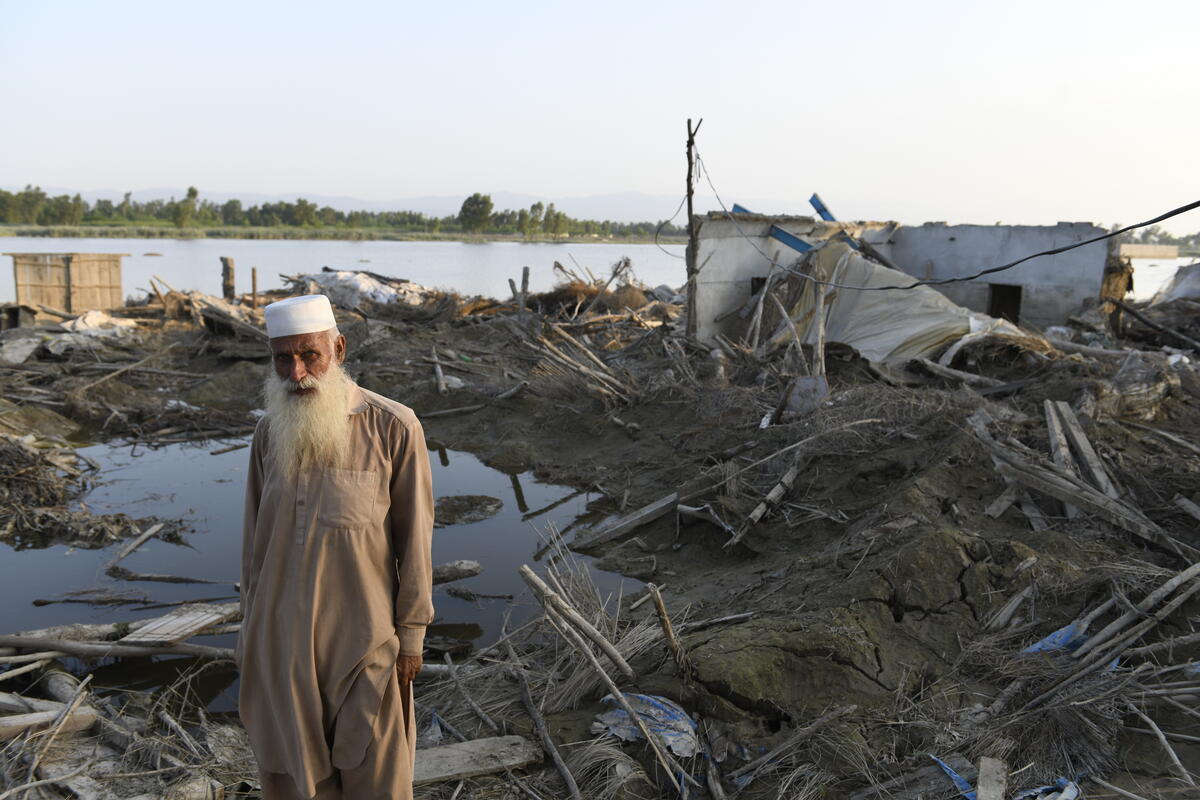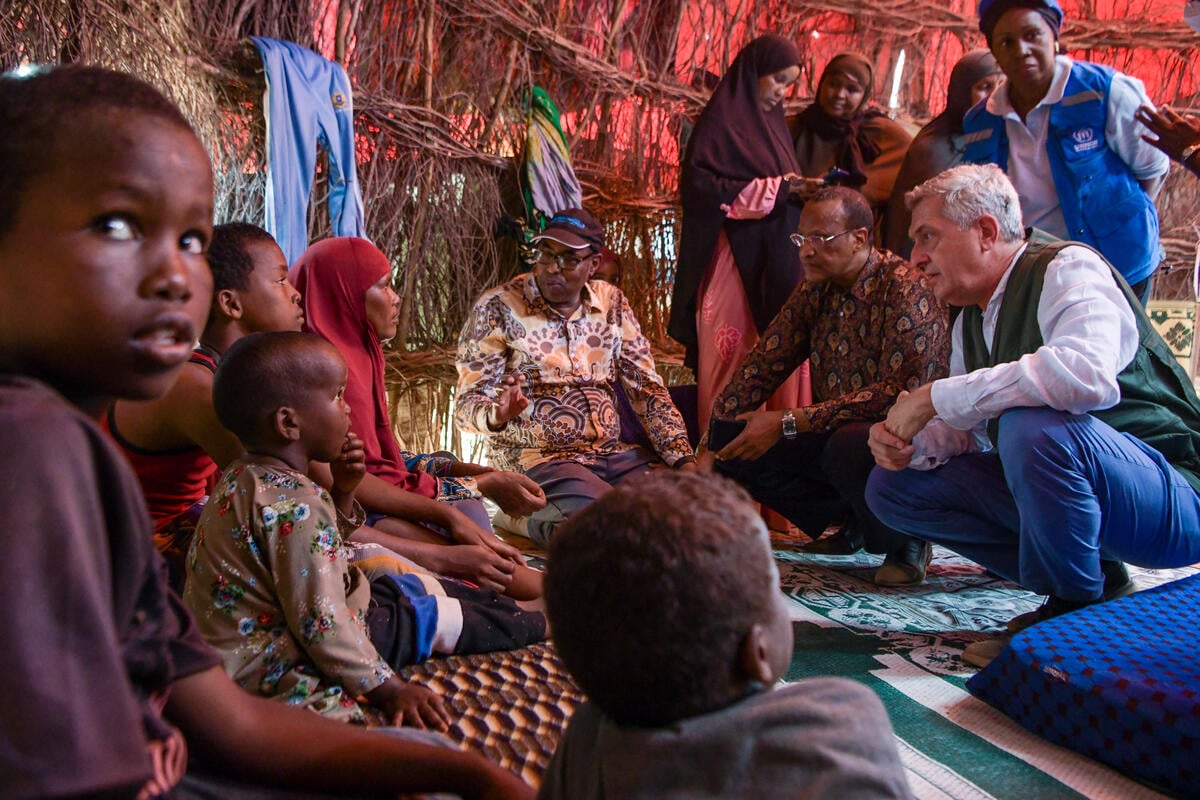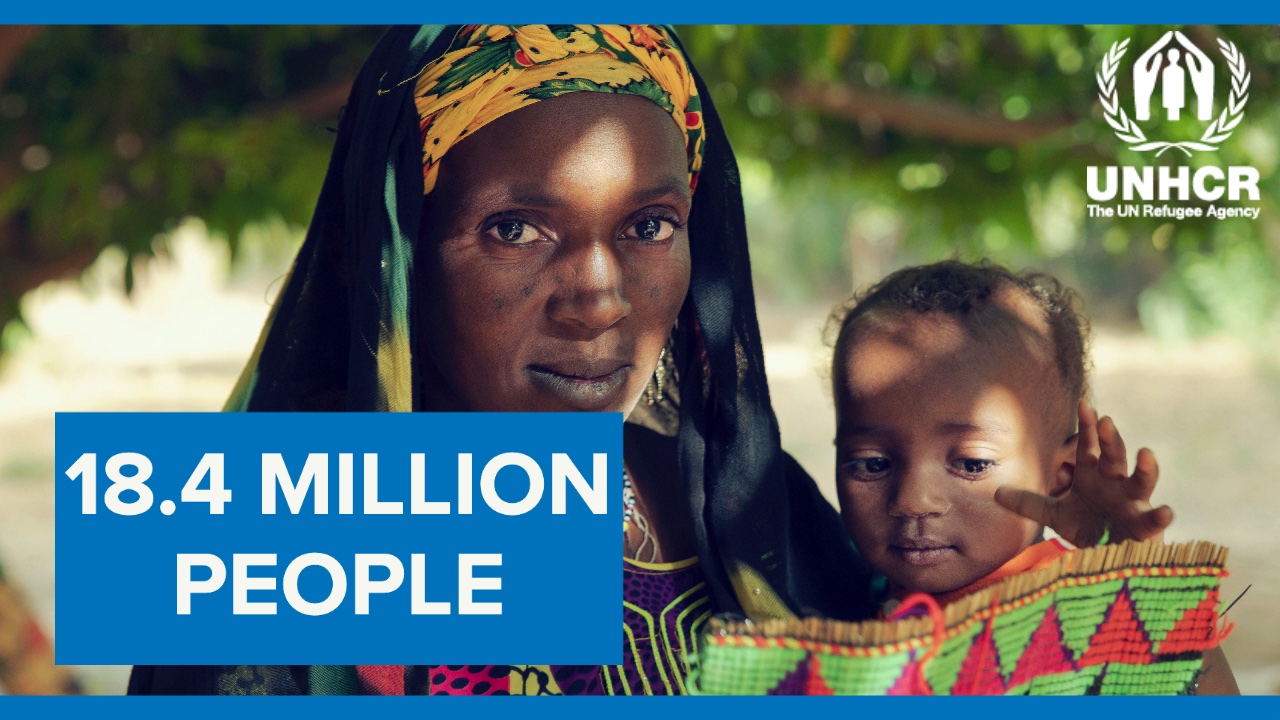Afghans flee cities
Afghans flee cities
ISLAMABAD, Sept 17 (UNHCR) - Large numbers of people are fleeing Afghanistan's major cities and the dramatic humanitarian situation in the country may soon deteriorate further, according to the UN refugee agency. The principal southern city of Kandahar is half empty, and many Afghans have also left the capital, Kabul, and Jalalabad. UNHCR reported that many of the displaced are leaving the cities for the countryside, but others are headed for the country's borders in an attempt to seek safety in neighbouring Pakistan and Iran. UNHCR says it is gearing up for what could be a major refugee crisis, sending in emergency staff and preparing stockpiles of relief items.
Meanwhile, Afghan's neighbours have "more or less" closed their borders. The UN refugee agency reported, however, that some Afghans, particularly those with valid passports and visas have been able to enter Pakistan. "We are in discussions with all the neighbouring asylum countries on the border issue, and are monitoring population movements in Afghanistan and on the borders," said UNHCR spokesman Rupert Colville.
UNHCR also said it was worried about the situation for millions of civilians inside Afghanistan after three years of drought and over 20 years of conflict. "The population is barely managing to survive," said Colville. "After many years of drawing on reserves of strength and resourcefulness to get by, they are weakened physically and mentally, and have finally hit rock bottom. Many do not even have the strength to flee."
The situation has become even more precarious since major aid agencies evacuated their international staff from Afghanistan, in the days following terrorist attacks on New York and Washington. Essential life-saving operations are continuing through local Afghan staff still inside the country and operating in a very difficult security situation. UNHCR expressed concern, however, about how long operations can continue "by remote control". UNHCR warned of potential major population movements, and even widespread deaths, should the situation continue to deteriorate.
Afghans represent the largest refugee population in the world, with some four million refugees outside the country, mainly in Iran and Pakistan. Nearly one million more are displaced people inside Afghanistan.









